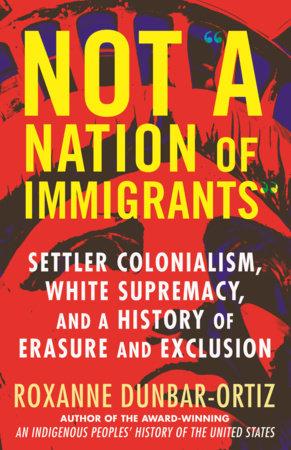A federal court on Monday temporarily blocked the Biden administration from removing the order after several states filed a lawsuit to keep it in place, arguing that revoking it would "result in an unprecedented crisis at the United States southern border." Senior administration officials told reporters that "if and when the court actually issues the [temporary restraining order]," DHS will comply with it, adding that "we are really disagreeing with the basic premise." Secretary of Homeland Security Alejandro Mayorkas said in a memo that, once Title 42 is removed, the administration expects that "migration levels will increase, as smugglers will seek to take advantage of and profit from vulnerable migrants."
- Home
- About Us
- Issues
- Countries
- Rapid Response Network
- Young Adults
- Get Involved
- Calendar
- Donate
- Blog

